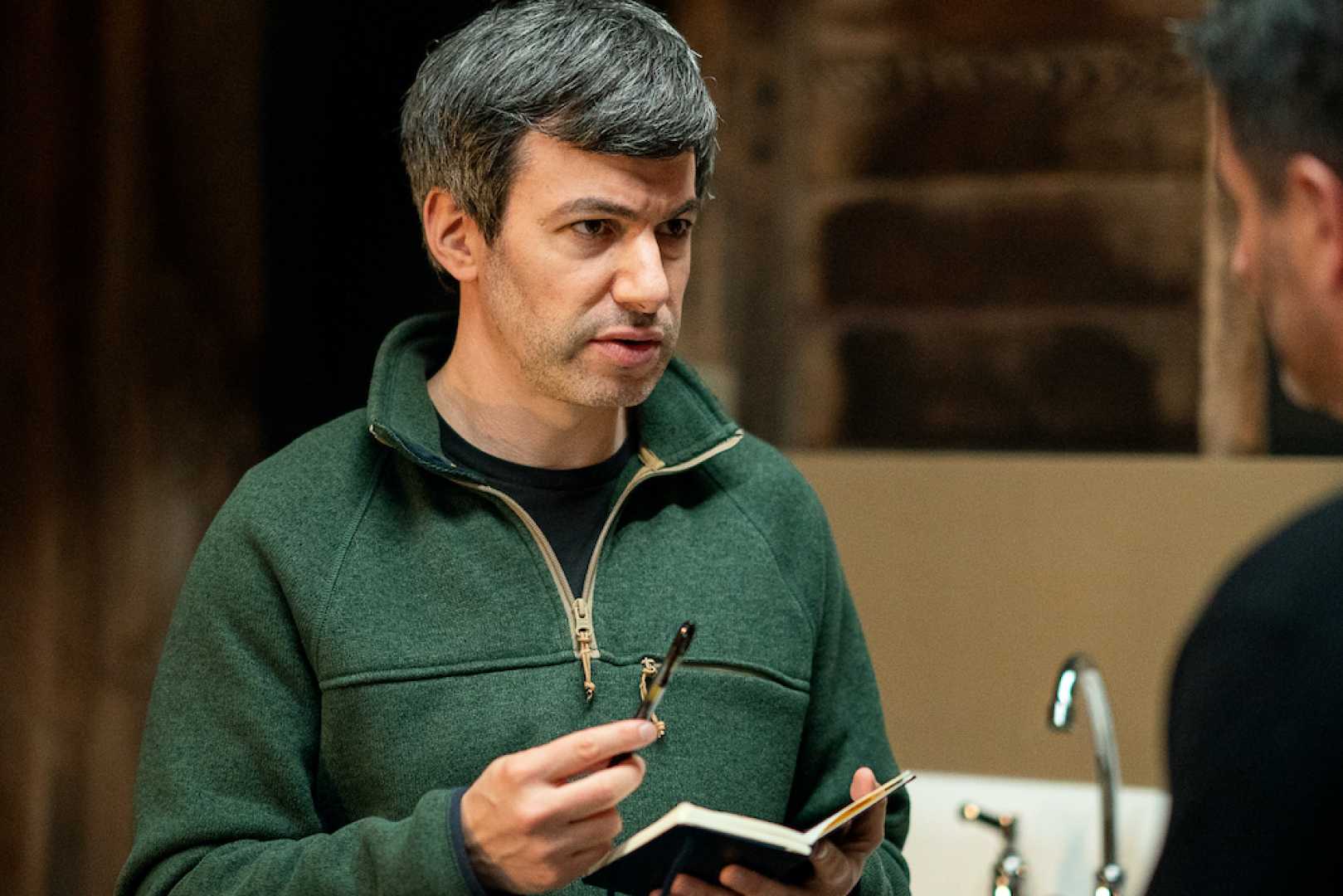Entertainment
Nathan Fielder’s New Season Tackles Aviation Safety with Humor

NEW YORK, NY — Nathan Fielder‘s latest venture, the second season of his HBO show, dives into the complex world of aviation safety, using humor to address serious issues. Known for his unique blend of comedy and sincerity, Fielder attempts to uncover the root causes of plane crashes, mainly focusing on miscommunication among crew members.
In the season premiere, Fielder shares his ambition to help pilots by conducting elaborate rehearsals. He collaborates with John Goglia, a former National Transportation Safety Board member, gathering data from accident reports and black-box transcripts. However, he acknowledges that his past reputation for pranks creates a challenge in convincing airline professionals of his credibility.
The third episode, which aired recently, pays homage to Captain Chesley Sullenberger, who safely landed US Airways Flight 1549 on the Hudson River in 2009. Fielder immerses himself in Sullenberger’s experiences, aiming to understand the captain’s mindset. Though his methods may appear absurd, they allow him to explore deeply comedic yet poignant themes of sincerity and authenticity.
Fielder uses his unique style to engage in a sort of role-playing, even pretending to be an infant guided by a puppet representing Sullenberger’s mother. This bizarre portrayal confronts viewers with the stark contrast between absurdity and genuine emotion. The music and the staging lend a dramatic flair, drawing comparisons to a biopic.
Throughout the season, Fielder grapples with the notion of whether he can be taken seriously as a guide while being known primarily as a comic figure. In past episodes, he placed pilots at the center of a parody contest, allowing them to express themselves humorously while challenging his notions of authenticity.
Despite his playfulness, Fielder struggles with serious questions about the impact of his work. He openly admits uncertainties about whether rehearsals are necessary, saying, “I can function just fine without rehearsing.” This revelation leads to introspection on his part as he confronts personal flaws in pursuit of confidence.
The Rehearsal combines elements of comedy with crucial discussions about safety, exposing the artist’s inner conflicts amid life’s challenges. As Fielder continues his quest, the premise serves as both a critique of his comedic style and a commentary on the human experience.












